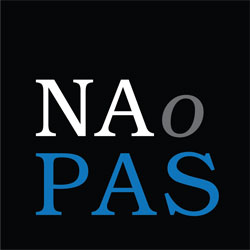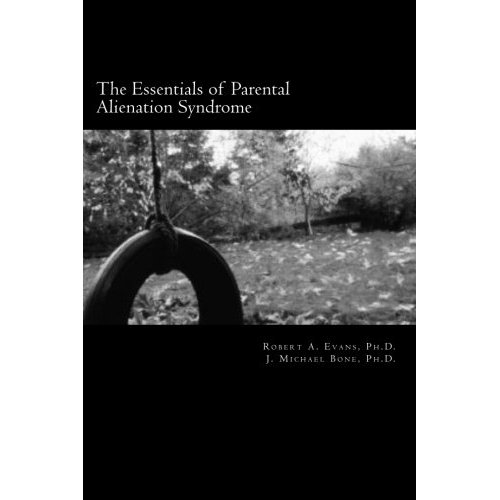As I shared last week, sometimes rejected (alienated) parents and their attorney consider hiring an expert to help in their case. Experts can take a variety of roles and one of these is that of giving instructional testimony. Experts are generally not inexpensive so parents want to know how effective experts are in cases involving alienation.
The effectiveness of an expert in these cases depends on a number of factors, some of which include the:

- Court
- Favored Parent
- Expert
Let’s take each of these one at a time and expand in a little more detail over the next few weeks. Today’s focus is on the role of the court, and what they generally look for in family law cases involving PA.
The Courts Role in Family Law Cases
We know that the judge plays a critical role in family court and how open they are to hearing from an expert, someone who has generally not been involved in the case. So what do courts generally look for? According to surveys of courts and attorneys across the country, courts want a testifying expert to be objective, experienced in the area(s) that they are testifying on, possess good communication skills, have a professional presence and the more years of experience the better.
Bearing in mind that the purpose of the testimony is to educate the judge in a particular area that is relevant to the case under consideration, in the present discussion we’re addressing Parental Alienation. When testifying, the expert is the most powerful and persuasive when they present information in a neutral manner. It is critical that the expert present information in an unbiased fashion and not side with a particular party regardless of who paid them to testify. Presenting an obvious one-sided testimony will destroy the expert’s ability to be helpful in a case. Some of the specific issues in the expert’s testimony will be discussed in a future article. The courts will focus on the objectivity of the presenting expert.
The definition of an expert is generally uniform across all states and in Federal cases.
That is, an expert is so recognized based on their education, training and experience. It would be important for a testifying expert to have the necessary training, that is relate to the topics he or she was testifying about. Professionals can obtain training through formal education by attending colleges and universities as well as continuing education programs attended throughout their career.
Regardless of how they obtained their education, it must be relevant to the issue under discussion. The topic of Parental Alienation is typically covered as part of a course, if it is covered at all. Therefore, many experts on the topic of Parental Alienation have conducted research in the area, written extensively on the topic and have attended continuing education workshops. In addition, in some cases, some recognized experts in this area have worked alongside nationally recognized experts in the field as well.
There is a lot of misinformation about Parental Alienation that is presented to courts.
The testifying expert must be able to explain to the court that they are knowledgeable about the misinformation and be able to clear up the misconceptions. For example, it is frequently stated to courts that Parental Alienation doesn’t exist because it’s not in the DSM-5. Actually because of the latest efforts to include Parental Alienation Disorder a number of other diagnoses and disorders have been identified that are present in the DSM-5 and describe Parental Alienation without using that label specifically. A testifying expert needs to be able to show the court where those diagnoses are in the DSM and discuss how those concepts may need to be understood in the context of the present case. There are a number of other misconceptions that are frequently presented to courts, in some cases because of ignorance on the part of the presenter or in some cases deliberate attempts to mislead the court.
One of the most important factors after education and experience is the unbiased presentation of the testifying expert. This is critical in family law cases if they are to be seriously considered by a judge and ultimately helpful in a case.




Wondering if you do expert witness testimony for PA case for Hillsborough County.
Can you consult a guardian at litem?
What are your fees?
Do you accept insurance , Cigna?
Phone (863)430-4879
Yes I work in Hillsborough County; yes I can consult a GAL, my hourly fee is $300 per hour; and no I do not take insurance as this is a legal matter not a medical/mental health issue. I know how damaging PA is to children and it should be covered but it isn’t. Call me if I can help. The best to you
Ok I would like to set something up for an appointment.
How do I do that?
Kim Ross
If you were to consult our GAL how many hours of work would you estimate that would take?
Kim Ross
I have another inquiry:
What is your fee for parent alienation evaluation for 3 children?
Do you have hourly fee or lump sum fee ?
Do you accept monthly payments and payment plan?
Do you play the role of evaluator of PAS, and provider for treatment?
Do you provide guardian at litem services for the courts? If yes, can you also provide the PAS evaluation and treatment( or is that considered a conflict of interest?)
Thanks for sharing that an expert needs training on the topics they are going to testify about. It is sad to think that some cases just have random people claim to be “experts” on a subject. I would meet with them well in advance and inform them what they will need to testify about.